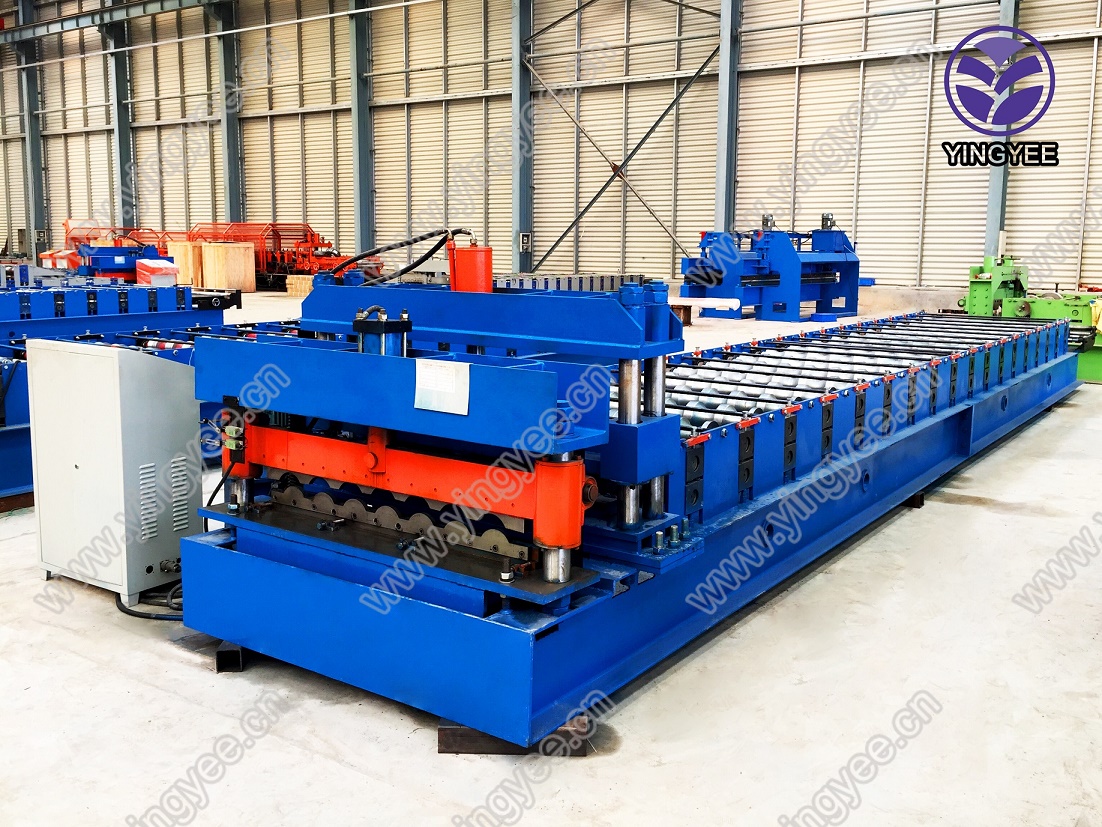
The Importance of Galvanizing Pipe Making Machines in Modern Manufacturing
In the world of modern manufacturing, the production of galvanized pipes has become increasingly vital due to their extensive applications in various industries. Galvanized pipe making machines play a crucial role in this process, combining advanced technology with efficient engineering to create durable and corrosion-resistant pipes. This article explores the significance of galvanizing pipe making machines, their process, and the advantages they offer.
Galvanization is a corrosion protection method that involves coating steel or iron with a layer of zinc. This process not only enhances the durability of the pipes but also significantly extends their lifespan. The galvanizing pipe making machine is specifically designed to produce pipes that are then subjected to the galvanization process. The machines operate with high precision and include various stages such as cutting, welding, and shaping the metal before it undergoes galvanization.
The pipe-making process typically begins with rolls of steel or iron coil, which are fed into the machine. The initial stage involves flattening the coils and cutting them into predetermined lengths. The next step is the formation of the pipe. This is achieved by roll forming, where the flat strips are gradually shaped into a cylindrical form. The edges of the strips are then welded together using electric resistance welding (ERW), which ensures a strong and uniform joint.
After the welding process is complete, the pipes require a thorough cleaning to remove any impurities that may affect the quality of the galvanization. This is usually done through a combination of mechanical and chemical cleaning methods. Once clean, the pipes are passed through a molten zinc bath, where they are coated with zinc through a process known as hot-dip galvanization. This treatment provides a robust protective layer that prevents rust and corrosion, making the pipes suitable for both indoor and outdoor applications.

The advantages of using galvanized pipes are numerous. Their corrosion resistance makes them ideal for plumbing, construction, and agricultural applications. Galvanized pipes are commonly used in water supply lines, heating systems, and even in structural frameworks. The long-term cost savings associated with the reduced need for maintenance and replacements position galvanized pipes as a preferred choice among manufacturers and consumers alike.
Moreover, the efficiency and productivity of galvanizing pipe making machines have advanced remarkably in recent years. Modern machines are equipped with automation features, allowing for faster production cycles and reduced labor costs. They also incorporate quality control systems that ensure each pipe meets industry standards before leaving the production line. This not only enhances the reliability of the products but also boosts the overall competitiveness of manufacturers in the global market.
In addition, the rise of environmental consciousness has led to innovations in galvanizing technologies, emphasizing the use of eco-friendly practices. Many galvanizing pipe making machines now utilize non-toxic materials, and advancements in process technologies minimize waste and emissions, aligning with the global push for sustainable manufacturing practices.
In conclusion, galvanizing pipe making machines are essential components of the modern manufacturing landscape. They not only facilitate the efficient production of high-quality galvanized pipes but also contribute to various industries' sustainability and economic viability. As technology continues to evolve, we can expect further enhancements in the capabilities of these machines, ensuring that they remain at the forefront of innovation in pipe manufacturing. The combination of durability, efficiency, and eco-friendliness positions galvanized pipes as a critical resource in the construction and infrastructure sectors, underscoring the importance of utilizing advanced machinery in their production.